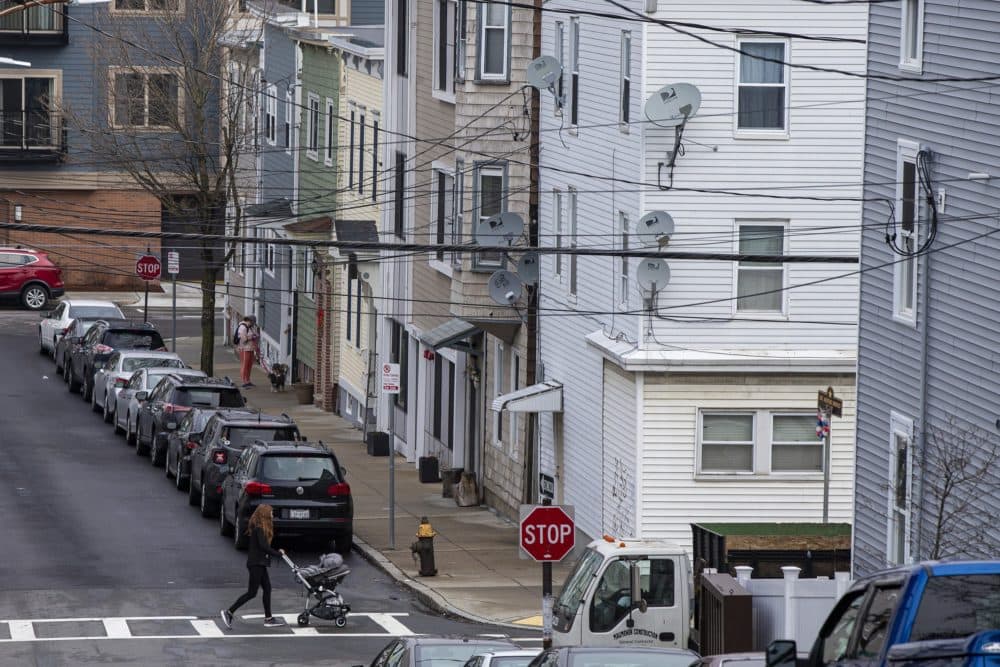Advertisement
Coronavirus Coverage
Study Of 150 City Budgets Finds Boston Better Off Than Most

The economic downturn spurred by COVID-19 is squeezing the budgets of cities around the country. But a study that will be published in the National Tax Journal finds Boston's city government may fare better than most.
In that study, researchers estimated revenue shortfalls for 150 major U.S. cities, and predicted that Boston would experience the least severe drop, with an estimated 2% to 4% decline for fiscal year 2021. Compare that to estimated potential revenue losses as high as 20% for Rochester, New York, about 14% for New York City and roughly 10% for San Francisco.
Boston's relatively favorable position may seem counterintuitive, given that the city has been hard hit by the pandemic. But researchers say it has to do with the fact that Boston's budget relies heavily on property taxes.
When cities want to fill their coffers, there are multiple sources they can look toward: federal and state aid; taxes on income, property or purchases; fees on everything from ride hailing companies to parking violations to hotel stays. Compared with other U.S. cities, though, property taxes are much bigger piece of the revenue pie for Massachusetts cities, including Boston.
"I think probably for all of them, it's the biggest revenue source, and probably for almost all, it's the majority of their revenue," said Phineas Baxandall, senior policy analyst with the Massachusetts Budget and Policy Center, a left-leaning fiscal think tank.
The study, which was reported on by The New York Times, is roughly in line with what the city of Boston's budget office is expecting for the next fiscal year, said Justin Sterritt, the city's budget director. In June, his office estimated that the city would lose $65 million in revenue due to the coronavirus.
And yet, that fiscal hit might be even worse, were it not for the 71% of city revenue that comes from property taxes, Sterritt said.
Because property taxes are set at the beginning of the year, they have proven a stable source of income for city government during a period when it is also spending millions on coronavirus response, and shutdowns and travel restrictions have sucked away revenue from sales and tourism taxes.
While the results of the study might be interpreted as reason for optimism, Sterritt sounded a note of caution: with the long term effects of the pandemic still unknown, there are no guarantees.
"We're concerned with people being able to pay their property taxes," Sterritt said.
And if people under financial stress cannot afford to pay their their property tax bills, or properties start going into foreclosure, that major revenue source suddenly becomes less predictable.
"In this immediate first year, we're not as affected as other cities, but when we start looking at the future fiscal year, if there's a slowdown in the development pipeline, if there are less office towers going up and less residential getting built ... that's where we might see a significant problem in the future," Sterritt said.
In other words, while Boston's fiscal house might be relatively in order, it is still pretty far from Easy Street.
"Property taxes are stable so long as property values are stable," Baxandall, from the Mass. Budget and Policy Center, said.
And while a 4% decline in revenue might be a lot less than the hit other cities are expected to take, "the money has to come from somewhere," he said.
"If we have to furlough teachers, first responders, cancel repair budgets, that's money which would be circulating in the community," Baxandall said. "It's going to be painful."
